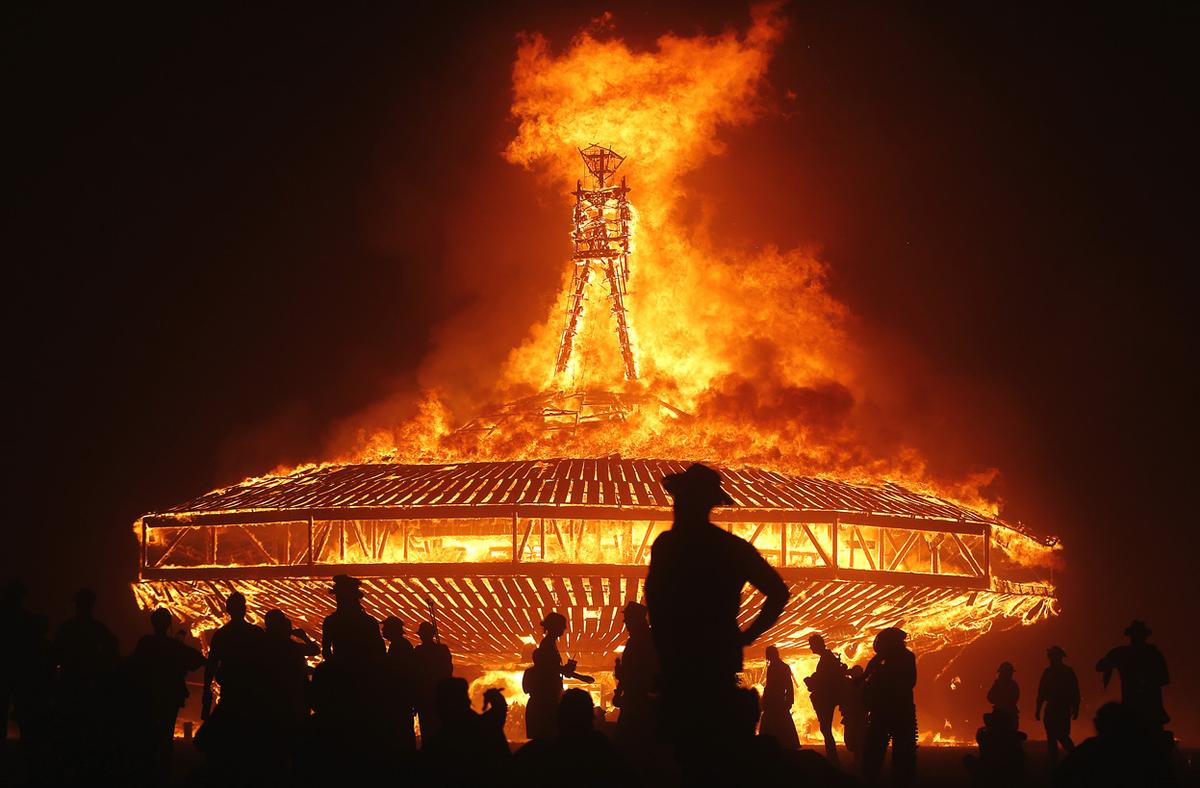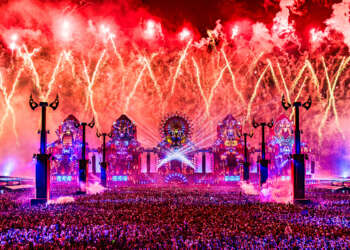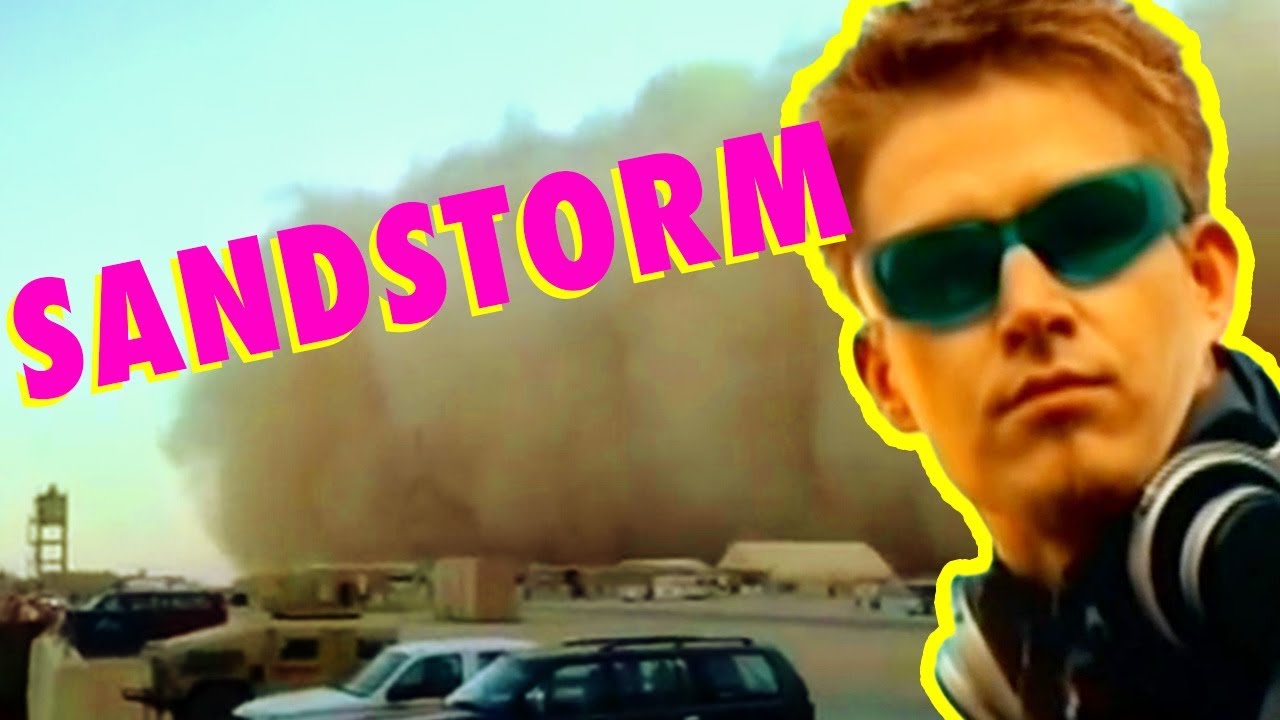For the first time in ten years, Burning Man has not sold out. This iconic festival, held annually in the Black Rock Desert of Nevada, draws tens of thousands of attendees with its unique blend of art, self-expression, and community values. Known for its temporary metropolis, Black Rock City, and the symbolic burning of “The Man,” Burning Man has been a major cultural event that celebrates radical inclusion, gifting, and leaving no trace.
This year’s shift in ticket sales could be influenced by several factors, including last year’s unexpected rainfall, which caused severe flooding and trapped attendees in the desert. The heavy rain led to muddy conditions, making the event challenging and uncomfortable for many, and potentially dampening enthusiasm for this year’s festival. Economic challenges and the high cost of attendance may have also deterred potential festival-goers, along with lingering COVID-19 concerns and the increasing commercialization of the event.
The change in ticket sales could also signal broader trends for the festival industry. Festival organizers may need to reconsider pricing strategies to attract a wider audience and could benefit from focusing on smaller, localized events. Additionally, a greater emphasis on sustainability and immersive experiences over mere brand recognition might resonate more with future attendees.
Overall, Burning Man’s first non-sellout in a decade offers valuable insights into the evolving landscape of festivals. How Burning Man adapts to these challenges will influence its future and provide lessons for the broader event industry.







